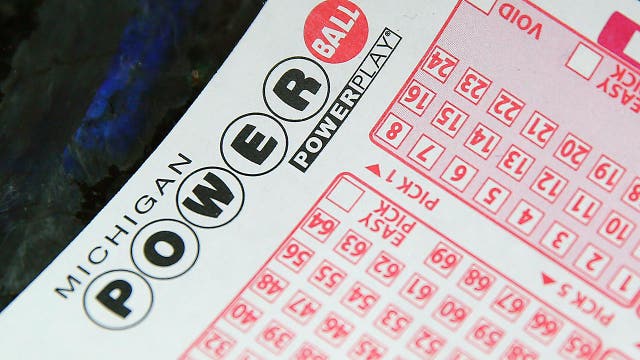You won the lottery, now what?
Everyone’s been buzzing about the jackpots of Powerball and Mega Millions swelling to more than $300 million each—with a combined value of $690 million—making it the second time in lottery history that both lotteries rose to those highs.
And while your chances are quite grim at a one-in-292.2 million shot for Powerball and one-in-302.6 for the Mega Millions, what happens if you do win?
Jonathan Rikoon, a New-York based partner at Loeb & Loeb who specializes in trusts and estates, tells FOX Business that one of your first moves should be to stop, think and plan.
“Don’t tell anyone yet. That includes social media!” Rikoon says.
He also says that contrary to popular belief, you don’t need to rush and collect the prize right away – you have plenty of time, but make sure the winning ticket is in a safe spot, like a bank safety deposit box.
“[Then] unlist your phone number, if you still have a landline. Take a leave of absence from your job so you can decide at more leisure about quitting, upgrading your career or spending some time without gainful employment,” he says.
Rikoon adds that you shouldn’t burn any bridges, since a life of leisure isn’t always what it’s cracked up to be. In most cases, he says coming into money can be both a blessing and a curse.
Lastly, get referrals from professional advisors to help you think and plan on what to do with your money next. Here is a list of who you should pursue:
- Tax advisors who can help discuss lump sum vs. installments, whether to pay state and local taxes before the end of the year and other considerations. Also, make sure you keep up with future tax and other obligations including payroll withholdings and insurance for all your new staff.
- Financial advisors to project how much you want to be able to spend up front, and every year.
- Legal advisors can help address questions such as: How can you protect against the flood of requests you are sure to get for help and handouts (and “loans” that may never get repaid) from family, friends, co-workers, strangers and charities? Think about a professional philanthropy advisor too, to make sure the organizations are legitimate and that you get the right tax benefits.




















